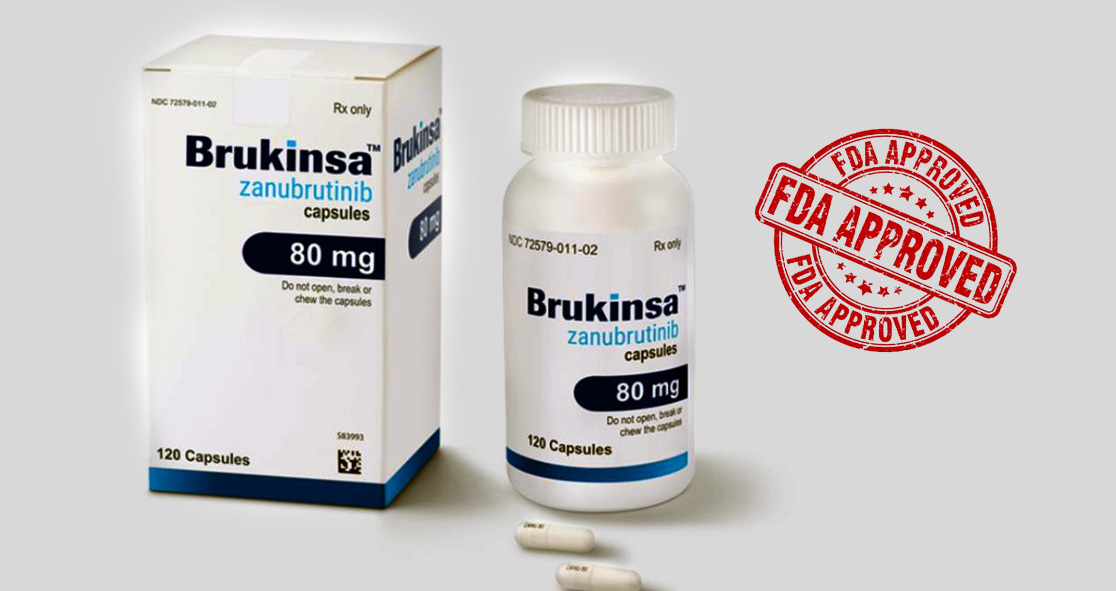The U.S. Food and Drug Administration (FDA) has announced the approval of Brukinsa for adults with Waldenstrom’s macroglobulinemia (WM), a type of non-Hodgkin lymphoma, according to BioSpace.
Actively composed of zanubrutinib, Brukinsa is a Bruton’s tyrosine kinase (BTK) inhibitor, which has been approved for mantle cell lymphoma (MCL) and chronic lymphocytic leukemia (CLL).
BeiGene, a China-based biotechnology company that specializes in the development of drugs for cancer treatment, develops Brukinsa.
Jane Huang, BeiGene’s Chief Medical Officer, said, “We are delighted by today’s FDA approval for Brukinsa in its second indication, offering a new treatment option with demonstrated efficacy and safety benefits for patients with Waldenstrom’s macroglobulinemia.”
“As shown in the ASPEN trial, Brukinsa can improve treatment outcomes for these patients and potentially make a positive impact on their lives,” Huang added.
The FDA’s approval is based on findings from the Phase 3 (ASPEN) trial that compared Brukinsa to ibrutinib (Imbruvica) in more than 200 patients with MYD88 mutation.
Imbruvica, developed by AbbVie and Pharmacyclics LLC, is also a BTK inhibitor.
WM is one of the forms of non-Hodgkin lymphoma where the cancer cells generate large volumes of an abnormal protein called macroglobulin. It is also sometimes known as lymphoplasmacytic lymphoma. WM is a very rare condition. It affects about six in one million per year in the United States.
Dr. Steven Treon, Director of the Bing Center for Waldenström’s Macroglobulinemia Research, said, “The ASPEN trial provided compelling evidence that Brukinsa is a highly active BTK inhibitor in Waldenstrom’s macroglobulinemia, and compared to the first-generation BTK inhibitor, showed improved tolerability across a number of clinically important side effects.”
“The approval of Brukinsa provides an important new option for targeted therapy in Waldenstrom’s macroglobulinemia,” he added.
In August, China’s drug regulatory body approved BeiGene’s Qarziba (dinutuximab) for high-risk neuroblastoma in patients aged 12 and above.
BeiGene’s President Dr. Xiaobin Wu said, “Dinutuximab represents an important biologic therapy for pediatric patients in China, having been listed in the first batch of New Drugs in Urgent Clinical Need Marketed Overseas by the NMPA.”
“For these young patients fighting neuroblastoma in China, we are proud to bring the first approved treatment,” he added. The story first appeared on BioSpace.





















